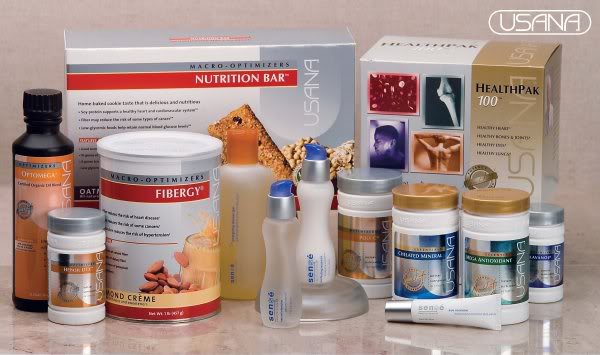Supplements
In an ideal world, a diet rich in healthy foods would give your body all the nutrients it needs. However, modern farming and agricultural methods make that ideal virtually impossible to achieve.
Even small nutritional deficiencies in the body (called “trace” deficiencies) are enough to upset the fine balance of your body systems. For this reason, it is strongly recommended that everyone take supplements.
Food from source to table
Most of us do our food shopping in supermarkets, so even if we buy the right foods, it’s often hard to know if those foods are fresh and nutritious. The problems begin at source. All plants extract nutrients from the soil as they grow. But this means the plants are only as good as the richness of the soil. Traditional farming methods meant that fields were periodically “rested”, giving the soil time to replenish its stocks of nutrients. Overfarming means that this rarely happens, leaving fewer nutrients to feed our food. Instead of nutrients, we add pesticides. The result is soil that’s not very nutrient-rich at all. Once harvested, many plants go through a stage of processing, further depleting their nutrient-content. For example, the milling process removes 80 percent of zinc from wheat (although it ensures a longer shelf life).
Everyone can benefit from taking supplements. Do remember, though, that they’re just what the name suggests – supplements. They’re never a substitute for a healthy diet, so don’t’ imagine that you can stock up on junk food and fast food and then take supplements to counter the effects of your bad diet. Unfortunately, it doesn’t work like that.
As a general plan (a supplement routine to get into every day), take a good essential fatty acid (EFA) supplement, such as omega-3 fish oil containing 700mg EPA and 500 mg DHA. You need only take two of these capsules per day to get the correct amount. In addition, your daily routine should include a good probiotic and good quality multi-vitamins and minerals supplements (a “multi”), don’t be impressed by a long list of vitamins and minerals on the packaging. Yes, you want lots of nutrients, but it’s the amounts of each vitamin and mineral that are the most important things to consider. Some multi-vitamin and mineral supplements look as though they contains a good combination of nutrients, but the amounts of each nutrient are so low, it’s hardly worth taking the supplement at all. Compare the brands available and choose the one that has the highest levels of nutrients. The staff in specialized health-food stores will be able to advise you if you’re unsure.
Apart from the nutrient levels in a multi, make sure you find one that’s designed for your age and stage of life. For example, if you’re trying to get pregnant, find a multi that’s aimed at boosting fertility. If you’re going through menopause, find one that will help balance your hormones. Use a number of different supplement companies and choose only the best. If you’re unsure, talk to someone at a specialized health-food store or look at a good resource online to find a selection of supplements you can trust.
Check out the highest rated USANA Vitamins manufactured by USANA Health Sciences.



